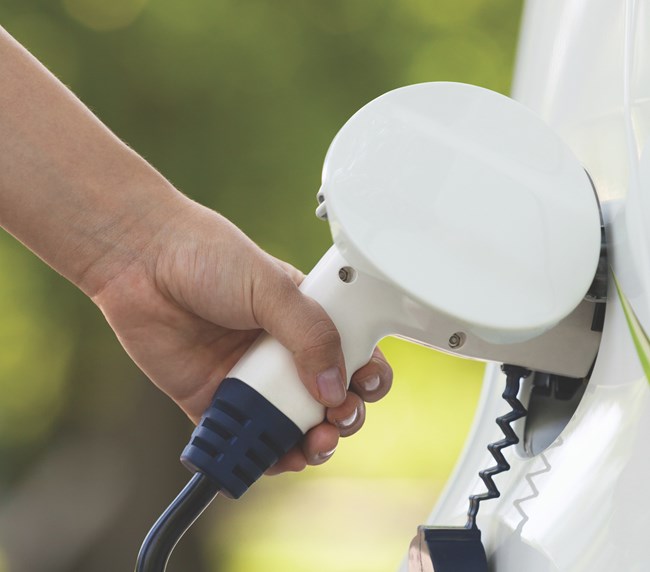We use cookies to ensure that we give you the best experience on our website. If you continue without changing your settings, we will assume that you are happy to receive all cookies on the Business Car website. However, if you would like to, you can change your cookies at any time

The start point for the best source of fleet information |
Home EV charger rules still causing problems, AFP warns
Date: 18 July 2022 | Author: Sean Keywood

Problems created by revised regulations covering the installation of isolators for home EV chargers appear no closer to being resolved, according to the Association of Fleet Professionals (AFP).
The issue was first highlighted by the organisation in March, and is said to be causing the installation of home chargers to be delayed by a typical period of four to six weeks, as well as causing uncertainty in costs as these vary from supplier to supplier.
AFP chair Paul Hollick said: "This is quite a complex problem concerning the installation of isolators, which allow for the safe isolation of a property's electricity supply to enable the installation of an EV home charger.
"However, to summarise, electricity industry regulations were changed last year to require at least two visits to fit an EV charger, including one from a representative of an energy provider to fit the isolator. To reverse the decision or adopt a better solution requires agreement from around 40 energy providers - but that doesn't seem to be forthcoming.
"In the meantime, fleets and their drivers are having to wait long periods for their home chargers to be fitted while paying more, which is a genuine headache at a point in time when many fleets are enthusiastically pursuing electrification strategies."
Hollick said the AFP wanted to see a single visit installation solution adopted, as this would be faster for fleets, and also, because it meant fewer journeys, cheaper and more environmentally friendly.
He said: "There is no reason to believe working this way should involve any compromise in the safety or quality of the installation, as long as the installation is carried out by an experienced and qualified electrician."
The AFP has relayed how in June 2021, decision makers behind the official Meter Operation Code of Practice Agreement (MOCOPA) - created by electricity distributors and meter operators - removed the ability for MOCOPA registered companies to put isolators in place under the instruction of a third-party EV charger installation company, stating that this needed to be arranged by energy providers themselves.
The AFP reports that this had such a detrimental effect on charging installation times and costs that the decision was reversed in September. However, in January, the new Retail Energy Code (REC), which has superseded MOCOPA, said that the original June decision would be reinstated pending an independent review expected to take around six months, although this has yet to be resolved.
Hollick said: "As most fleet operators know, the semiconductor crisis has meant that getting hold of home charging units themselves has been tricky and the further issues with installation are making difficult what should be, we believe, a fairly straightforward task.
"This is something that is creating an ongoing hurdle to EV adoption for fleets and we would like to see the REC resolve the issue as soon as possible. In our view, it has now dragged on for long enough."
Hollick added that that some home charger installation companies did not use isolators, instead wiring the equipment straight into the main fuse board, but the AFP believed that that most fleet operators were using more comprehensive isolator-based solutions.











